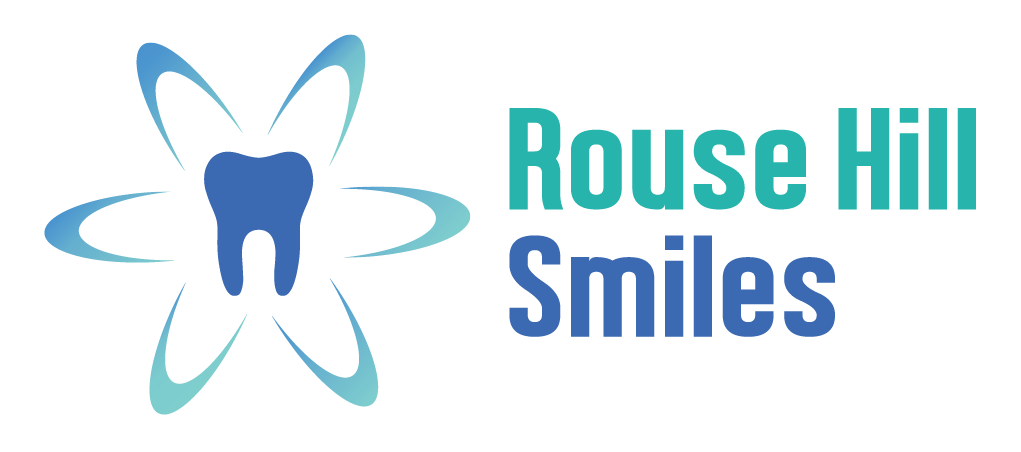How Much Does It Cost to Remove Wisdom Teeth in Australia?
service@womm
19 April 2024
No Comments
Not everyone is lucky enough to have all of their teeth sit perfectly well in their buccal cavity. For most of us, having to go through wisdom teeth removal is inevitable. When it is time to get your wisdom teeth removed though, it is not always the pain of the procedure that makes you reconsider. It is also the wisdom teeth removal cost along with the recovery which can be quite painful.
Wisdom teeth are the third molars that usually erupt in your late teens or early twenties, often when there’s just not enough space in your jaw to accommodate them comfortably. This can lead to impaction, pain, and a whole host of dental problems.
In this article we will see the cost of wisdom teeth removal, along with the symptoms, and recovery.
What are the Signs Indicating Wisdom Teeth Surgery is Needed?
Not all wisdom teeth require surgery. In fact, some people are lucky enough to have wisdom teeth that erupt comfortably without any issues. However, when wisdom teeth don’t have enough space to grow in properly, they become impacted. This may result in a number of unpleasant and potentially damaging symptoms that necessitate surgical removal.
The signs of wisdom teeth needing surgery include:
- Pain and discomfort: This is the most common symptom, often manifesting as a dull ache or throbbing pain in the jaw, especially around the wisdom teeth area. The pain can sometimes even reach to the ear or head.
- Gum swelling and redness: Impacted wisdom teeth can irritate the surrounding gum tissue, causing swelling, redness, and tenderness. This can make it difficult to chew or open your mouth comfortably.
- Difficulty chewing: Wisdom teeth trying to erupt in an awkward position can crowd other teeth, affecting your bite movement and making it difficult to chew properly.
- Damage to nearby teeth: Impacted wisdom teeth can put a little too much pressure on surrounding teeth, causing them to move from their position or become damaged.
- Sinus problems: In some cases, impacted wisdom teeth can put pressure on the sinuses, leading to sinus congestion, headaches, and facial pain.
- Persistent bad breath (halitosis): Food particles can get trapped around impacted wisdom teeth, leading to difficulty cleaning the area and contributing to bad breath.
If you experience any of these symptoms, it’s important that you consult your dentist for a proper diagnosis. They will take X-rays to assess the position of your wisdom teeth and determine if surgery is the best course of action. Early intervention can help prevent further complications, which is why it is important to do regular dental check-ups every six months.
What is the Cost of Wisdom Teeth Removal?
As mentioned earlier, the cost of wisdom tooth removal in Australia can vary depending on several factors.
- Complexity of the extraction: Simple extractions are more affordable than surgical extractions.
- Location: Costs tend to be higher in major cities.
- Dentist’s experience: More experienced dentists may charge higher fees.
- Facility type: Hospitals or specialised clinics may have higher costs.
- Anaesthesia type: General anaesthesia is generally pricier than local anaesthesia.
- X-rays and diagnostics: The type and number of scans required can influence the cost.
- Medication: Post-operative pain medication and antibiotics add to the overall cost.
With this in mind, the cost can range from around $225 to $350 per tooth for a simple extraction and $450 to $600 per tooth for a surgical extraction. Remember to inquire about any additional fees associated with the procedure.
Fortunately, certain dental insurance policies do offer coverage for wisdom tooth removal, at least partially. Check with your health care provider to better understand the details of your specific plan.
Does Wisdom Teeth Removal Surgery Hurt?
Wisdom tooth removal surgery is generally performed under anaesthesia, so you won’t feel any pain during the procedure itself. Local anaesthesia numbs the area around the tooth, while general anaesthesia puts you to sleep.
Following surgery, some discomfort and swelling are to be expected. You’ll receive a prescription for painkillers from your dentist which will help to manage this, and applying a cold compress to the area can also help reduce swelling. The discomfort usually peaks within the first 24-48 hours and gradually subsides over the next few days.
Following your dentist’s post-operative instructions carefully, including taking pain medication as prescribed and practising good oral hygiene, is crucial for a smooth recovery and minimising discomfort.
How Long Does the Wisdom Teeth Recovery Take?
The wisdom teeth recovery timeline can vary depending on the complexity of the surgery and your individual healing process. However, there’s a general timeframe:
- The first 1-2 days: You may experience some heaviness, pain, discomfort, swelling, and bruising in the surgical area. Stick to soft foods and get plenty of rest during this time.
- 3-5 days: The swelling should start to subside, and you can slowly introduce more solid foods to your diet.
- 7-10 days: Most of the swelling and discomfort should be gone by now. You can start most of your normal activities but avoid strenuous exercise for a while longer.
- 2-4 weeks: Complete healing of the extraction site typically takes around 2-4 weeks.
It’s important to follow your dentist’s specific post-operative instructions, which may include recommendations, dietary restrictions, and oral hygiene practices. If you experience excessive bleeding, severe pain in the area or surrounding area, or any type of prolonged swelling, be sure to contact your dentist right away.
Frequently Asked Questions about Wisdom Teeth Removal Cost
- How much can wisdom teeth removal typically cost in Australia?
The cost of wisdom teeth removal in Australia can vary depending on several factors, but here’s a ballpark range:
- Simple Extraction: $225 – $350 per tooth
- Surgical Extraction: $450 – $600 per tooth
This is just an estimate. The actual cost can be affected by factors like location, dentist’s experience, type of anaesthesia used, and any additional fees.
- Does dental insurance cover wisdom teeth removal in Australia?
Some dental insurance plans in Australia offer coverage for wisdom teeth removal, but the extent of coverage can vary significantly.
- How can I manage the cost of wisdom teeth removal?
Here are some strategies to handle the financial aspects of wisdom teeth removal:
- Consider payment plans: Some dental practices offer payment plans to spread out the cost.
- More than one wisdom tooth removal may cost less: If you need extraction of more than one wisdom tooth, then your dentist may give you a concession.
- Is there a difference in cost for removing all four wisdom teeth at once compared to removing them individually?
This is a common question, as some people may choose to remove all four wisdom teeth at once, especially if they’re all impacted. The answer can vary depending on the dentist, but there might be a slight discount for removing all four wisdom teeth during the same surgery. However, the complexity of each extraction and the type of anaesthesia used can still influence the overall cost. Discussing this option with your dentist can give you a clearer picture of potential cost savings.
Our Principal Dentist
Dr. Teena and the Rouse Hill Smiles team are dedicated to providing patients of all ages with the highest quality of care.

Dr. Teena Bali
Dentist
Quick Contacts
- Rouse Hill Plaza G07-G08, 2-4 Aberdour Avenue Rouse Hill, NSW 2155
- enquiries@rousehillsmilesdentalcare.com.au
- (02) 8320 0548








Leave a Reply
You must be logged in to post a comment.